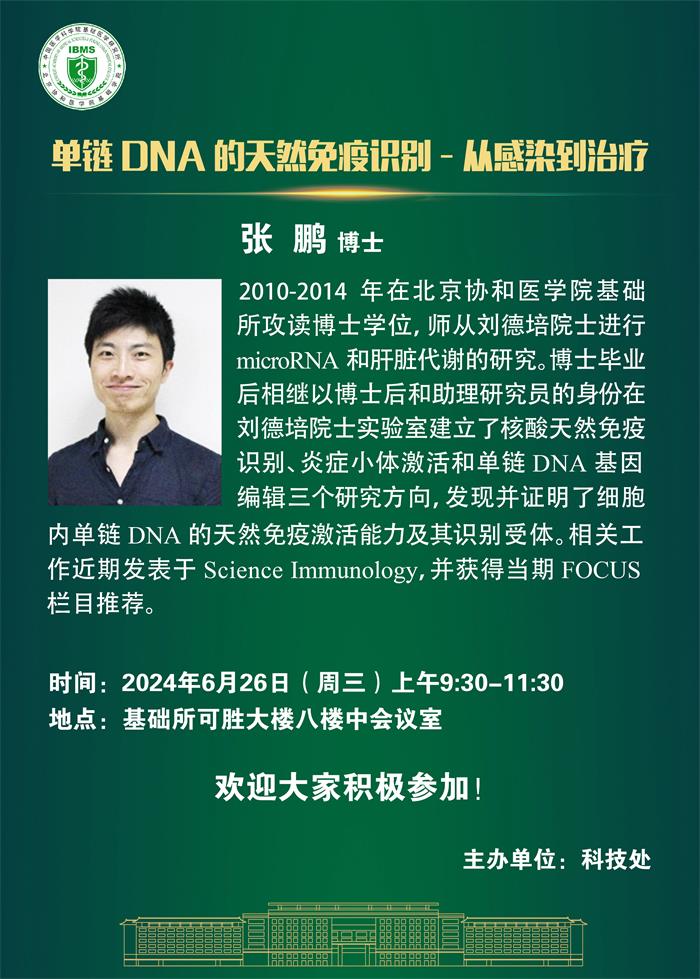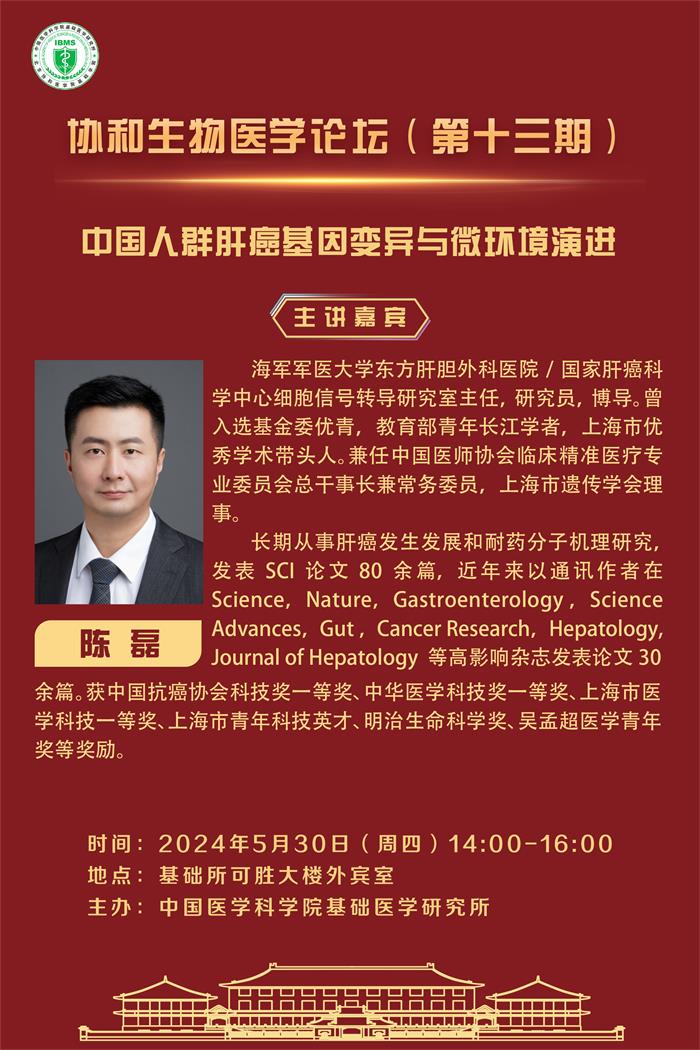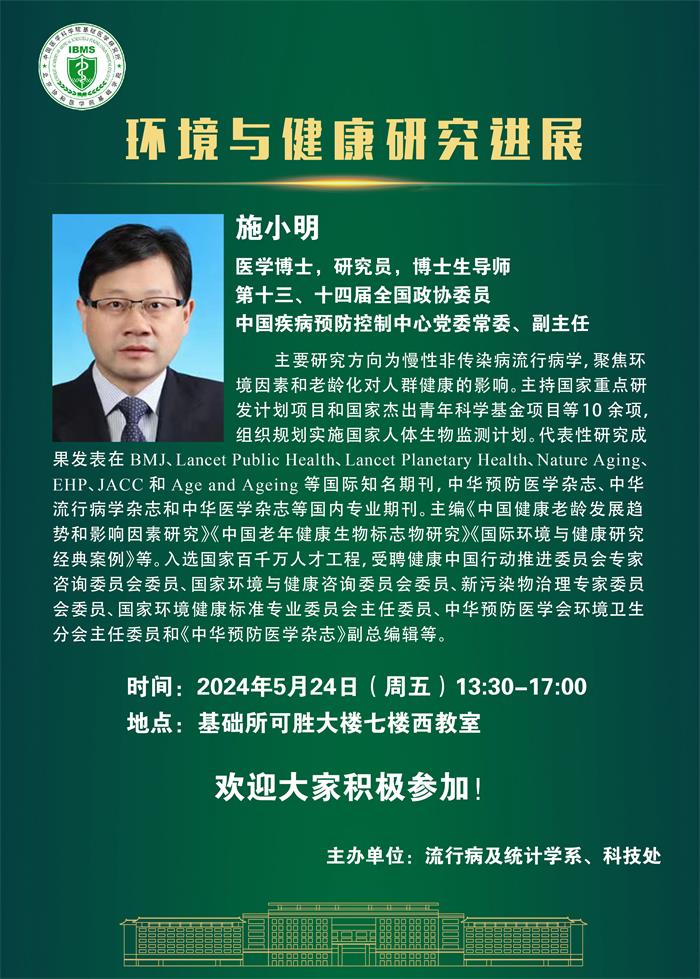The mediating role of accelerated biological aging in the association between blood metals and cognitive function
Kai Li 1, Jingtao Wu 2, Quan Zhou 3, Jiaxin
Zhao 3, Yanbing Li 3, Ming Yang 3, Yisen Yang 3, Yaoyu Hu 3, Jing Xu 3, Meiduo
Zhao 3, Qun Xu 4
J Hazard Mater.2023 Oct 20:462:132779. doi:
10.1016/j.jhazmat.2023.132779.
PMID: 37879277
Abstract
Aging
is a key risk factor in cognitive diseases. Recently, metal exposures were
found associated with both biological aging and cognitive function. Here, we
aim to evaluate the associations of blood metals with cognitive function and
the mediated effect of biological aging. Fourteen metals were detected and
biological age was calculated through Klemera and Doubal method among 514
adults in Beijing, China. The generalized linear models indicated that the
copper (Cu), molybdenum (Mo), and strontium (Sr) were positively associated
with biological aging [βCu (95% CI): 12.76 (9.26, 16.27); βMo (95% CI): 1.50
(0.15, 2.85)], and βSr (95% CI): 1.86 (0.68, 3.03)], while vanadium (V) was
inversely related to biological aging [βV (95% CI): -0.76 (-1.48, -0.05)].
Subsequently, Cu, lead (Pb), selenium (Se), and biological aging were associated
with cognitive function and further mediation analyses confirmed that
biological aging partially mediated (33.98%, P = 0.019) the association of Cu
and cognitive function. Additionally, we constructed a lifestyle index that
implied the modifiable healthy lifestyle could slow aging to attenuate the
detrimental effect of metals on cognition. Our findings provide insights into
the potential pathways linking multiple metals exposure to aging and cognition
and underscore the importance of adopting healthy lifestyles.





